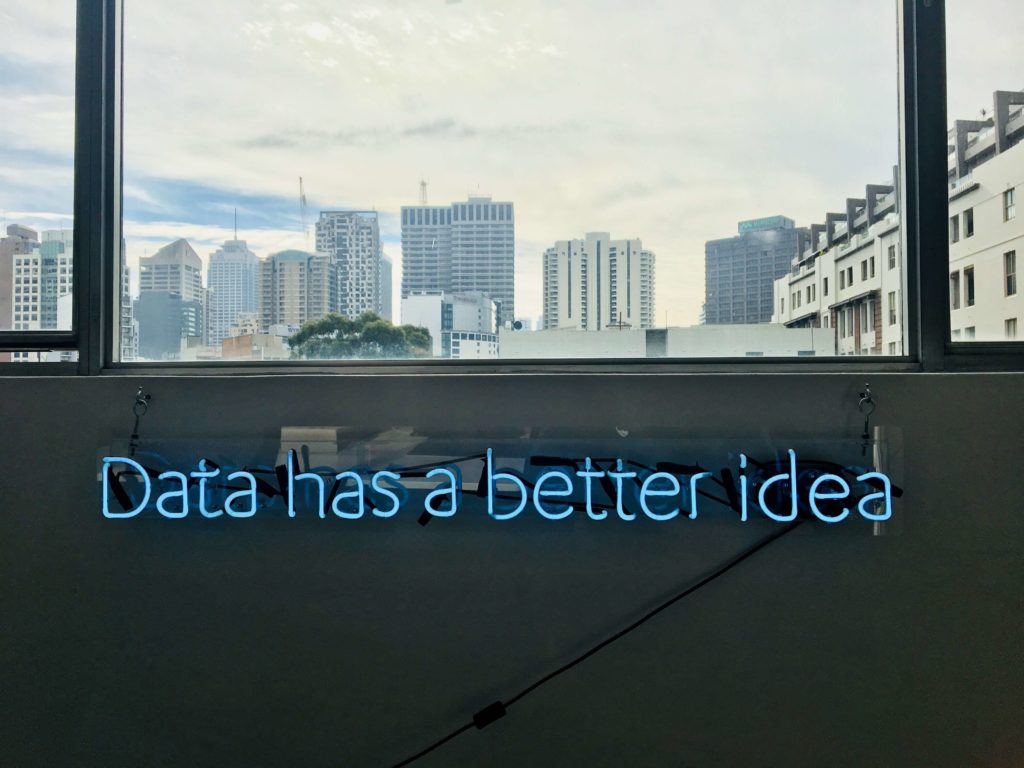Mental Health through Sociological Perspectives

Sociology tends to be heavily overlooked and not as recognized as a science, though, it is just a different type of science. There is an endless number of theories that describe social and human behavior and allow society to be seen through a different lens. Though research for sociological sciences is done with mostly qualitative studies, that should not take away from it being a science. Four major sociological perspectives have evolved over time: symbolic interactionism, functionalism, conflict theory, and feminist theory. These theoretical framework allows for both individuals in the sociological field and out of to understand all these phenomena.
Throughout the rest of this semester, the focus of my project will be to examine mental health awareness programs on public college campuses in New Jersey. This is something I am very passionate about because an individual’s college years are some of the most stressful, yet so influential as it is a very transitional period from being an adolescent into adulthood.
While the issue I will be researching is fairly clear, it is important to apply a sociological perspective to it as well. The first one that is applicable is the conflict theory. This theory represents human behavior, in the social context, is shaped by conflicts between two competing groups. Generally, conflict theory emphasizes the inequality of a social group. Conflict theorists would argue that those with the fewest resources are those that have the least amount of resources will be usually the ones that are classified with a mental health illness. (1)
The conflict that can be seen in the mental health field is the difficulty of getting mental health help. There are grassroots organizations that fight with bureaucratic groups to help provide better support for people that are in need. This is not always seen as a big issue because this tends to mainly affect those that are from poorer backgrounds and may not necessarily have the resources or funds to get better help and therefore have to go through the state or federal care.
Then, there is the symbolic interactionist perspective. This theory is another way to explain social behavior but rather than conflicts, it is demonstrated by examining how individuals interact with one another through symbols and are socially constructed. In simpler terms, how one feels about themselves is developed by how they act and interact with others. Most individuals that have a mental health disorder experience this perspective because of self-stigma based on all the nasty things that have been said about individuals with mental health disorders, the fear of rejection, and the feeling of needing to hide this aspect of oneself.
Applying these sociological perspectives to my topic helped me see my topic through a deeper lens and helped me see some other routes that I may take through my research. Specifically through the conflict theory, I will also be doing a fair amount of research to see the intersectionality present and see if a trend emerges among minority students having access to sufficient mental health care compared to the majority.
References
- Crossman, Ashley. “The Sociology of Deviance and Mental Illness.” ThoughtCo. ThoughtCo, August 19, 2019. https://www.thoughtco.com/deviance-and-mental-illness-3026266.